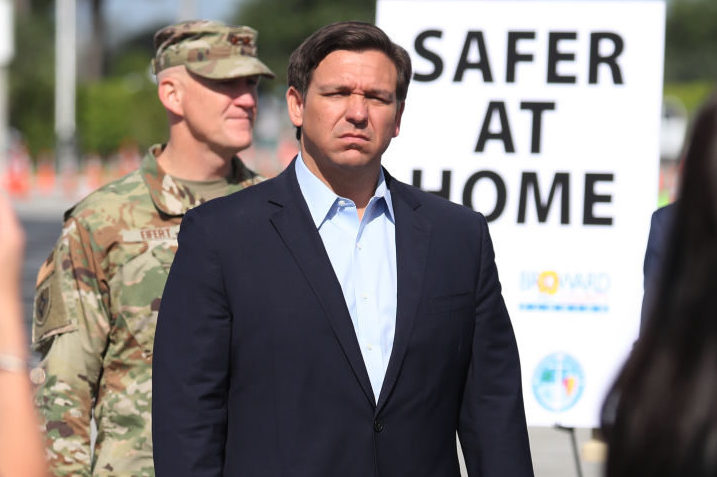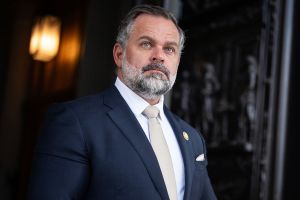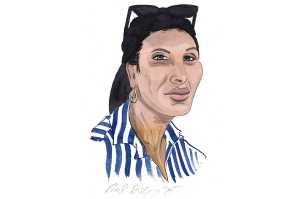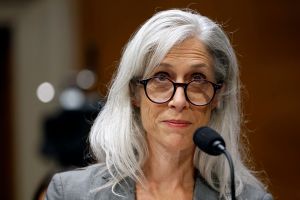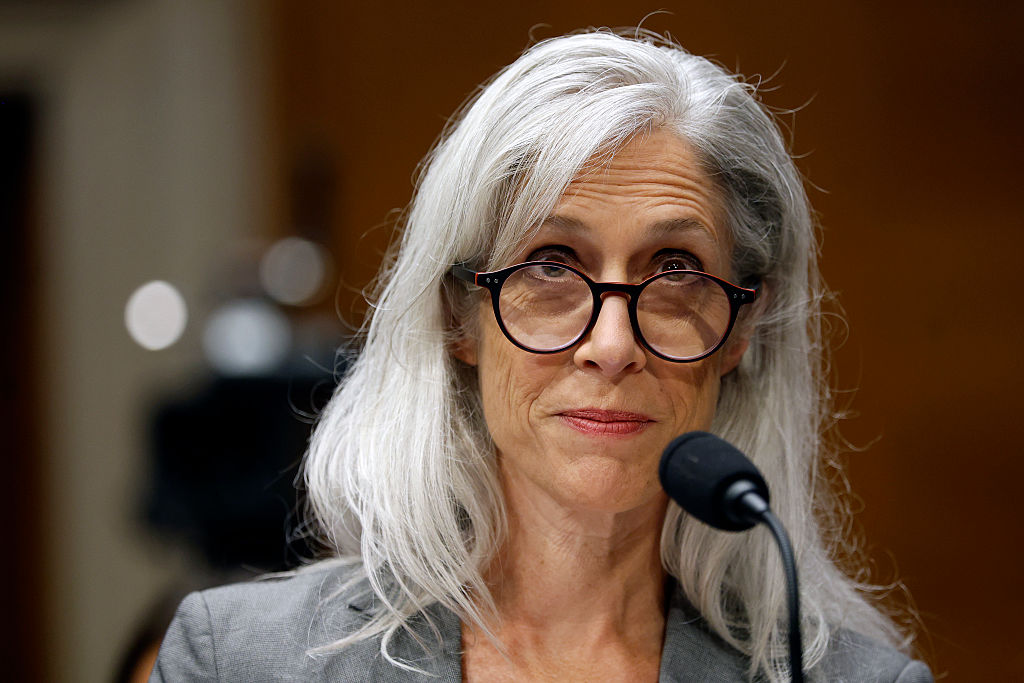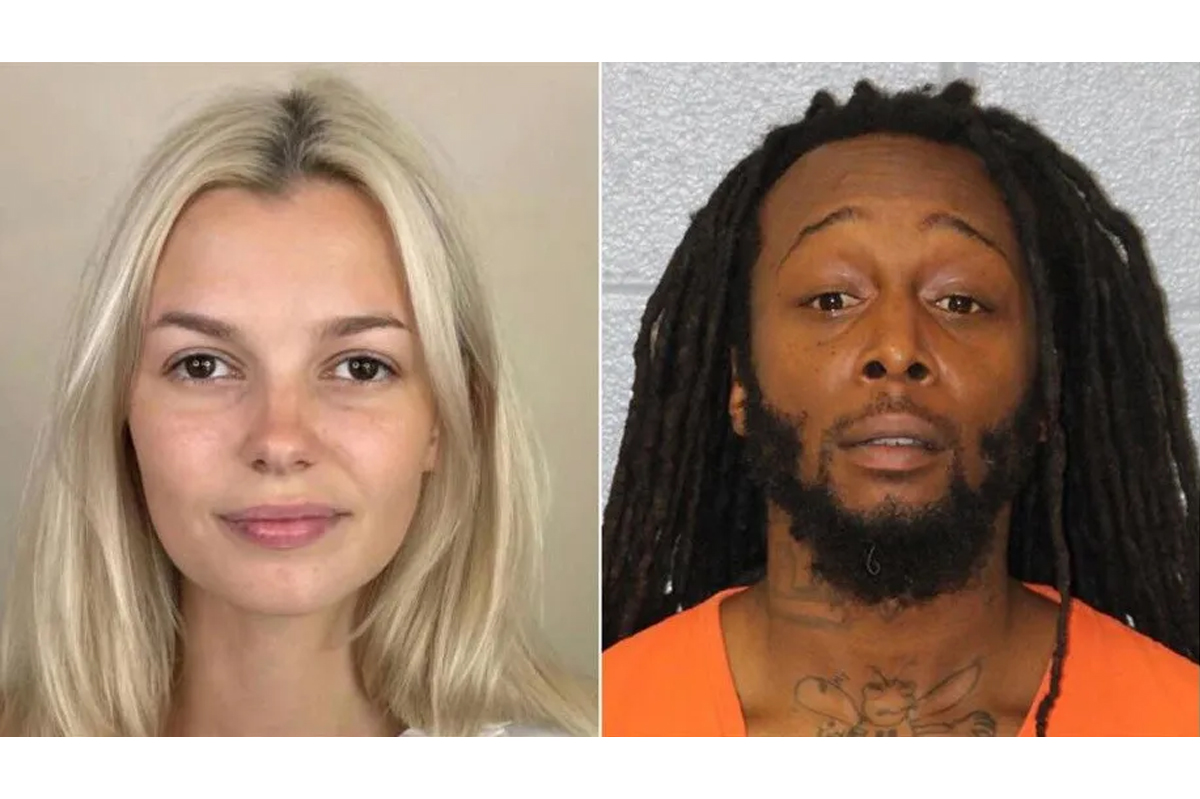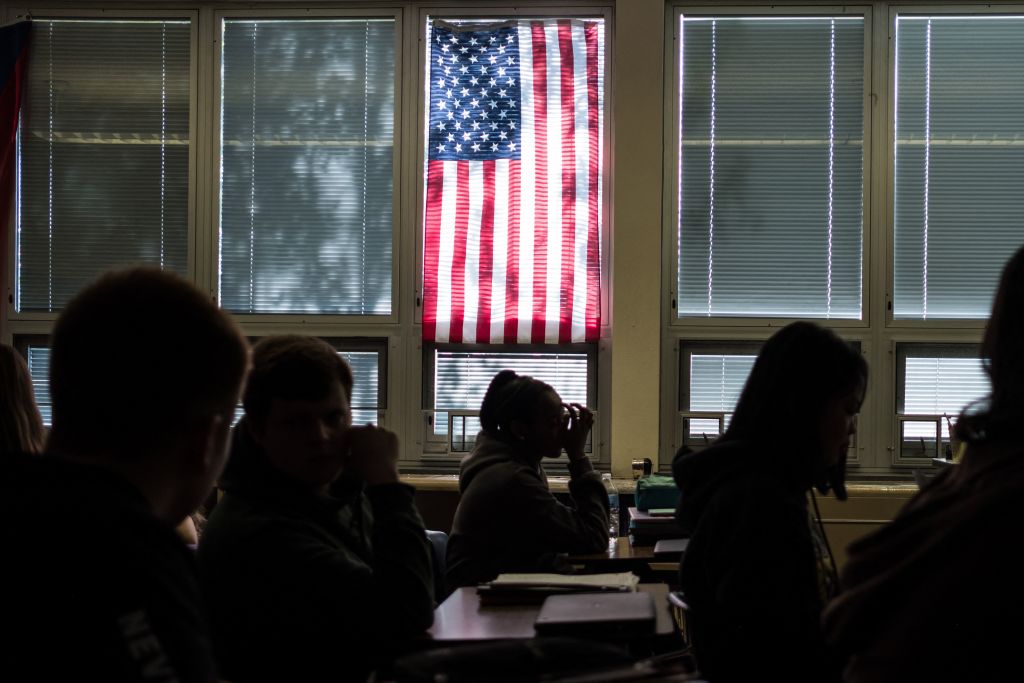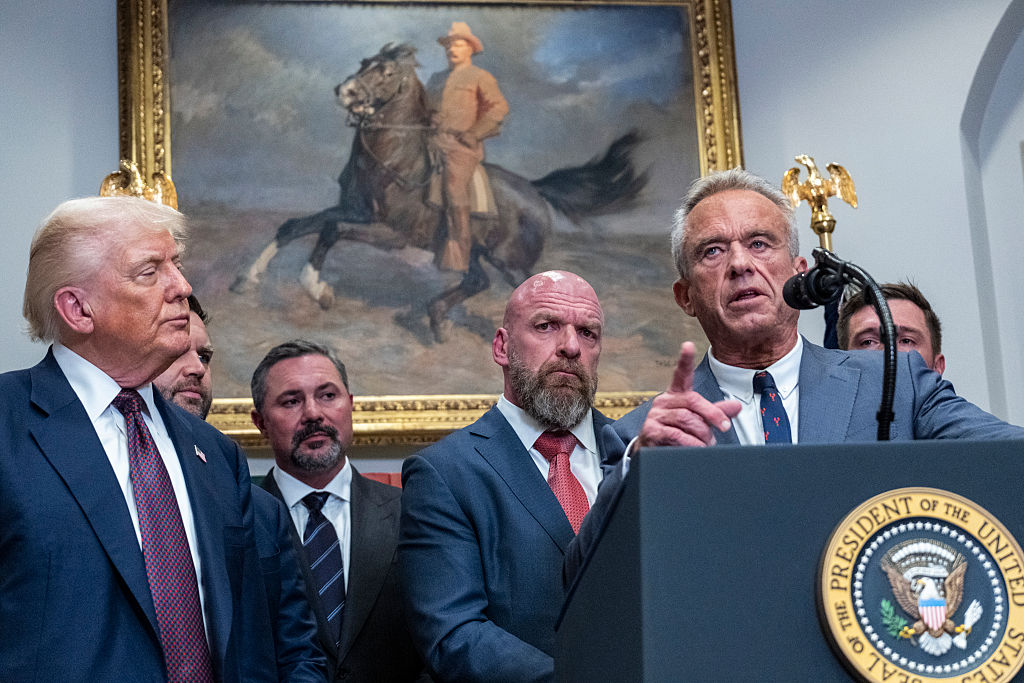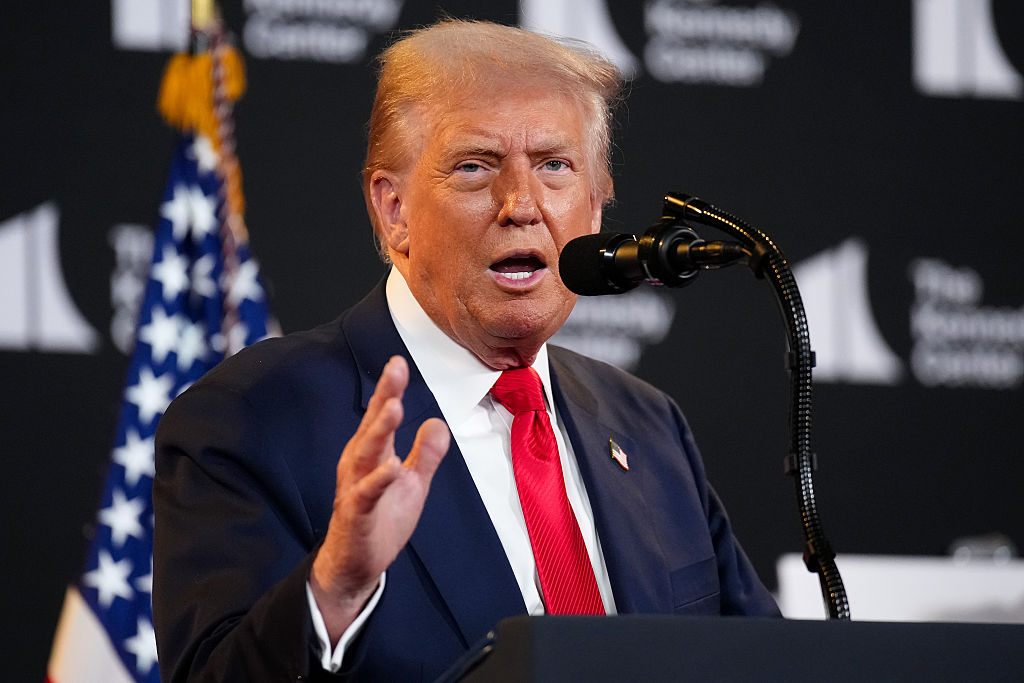Americans enjoyed a tremendous sense of solidarity in the days following 9/11. People gathered on street corners, at subway stops, holding small candles, and for a time we quite forgot about politics. I had expected something like this to happen now, during the corona pandemic. But it hasn’t, and this has made me think that the country’s breakup is even more likely than I had thought when my book, American Secession, was published in January.
One difference, of course, is that we’re not supposed to be together during an pandemic. We’re supposed to be six feet apart, the length of a hockey stick. We don’t do group hugs anymore. If you’re a misanthrope, these are the glory days.
But even apart from that, there isn’t the same sense of camaraderie we felt in September 2001, the idea that this was a national crisis that we’d get through together. When we look at the coronavirus map, we’re not looking at national numbers so much as those from our little corner in it. And we’re not supposed to travel to other states. As I teach at a public university, I’m a state employee and am forbidden by my governor to visit another state.
The pandemic is hitting New York more than any other state. We’re naturally sympathetic, but we’re also erecting keep out barriers. Florida governor Ron DeSantis ordered a checkpoint on I-95 to require travelers from New York, Louisiana, Connecticut and New Jersey to self-isolate for two weeks. Rhode Island governor Gina Raimondo has ordered state police to direct all out-of-state vehicles to a checkpoint where visitors will be asked to quarantine for 14 days.
The Trump administration expects states to step up to the plate in fighting the pandemic. That’s wise, because it encourages states to try different remedies, and from this we’ll have better information about what works and what doesn’t. State governors also enjoy greater police powers under the Constitution than does the president, when it comes to stay-at-home orders. At the same time, however, some federal agencies such as FEMA and the CDC have done a poor job in coordinating the distribution of supplies. Republican governor Larry Hogan of Maryland has complained that this has created a counterproductive competition between states and the federal government to secure limited supplies, driving up prices and exacerbating shortages.That’s served to divide, not unite the country. It’s us against them.
We might have hoped that the pandemic would give us a respite from the nastiness of our politics, but not a bit of it. There’s a mild Trump bounce, as the president takes charge of leading the nation through the crisis, but the Trump paranoia continues unabated. Sec. Azar declared a public health emergency on January 31 and announced travel restrictions to and from China. At the time no one had a clue about how serious a problem it would be, and Joe Biden put the travel ban down to xenophobia and fear-mongering.
Apart from the White House, the coronavirus was on no one’s mind. Instead, impeachment took up all the air in the room. The House had voted articles of impeachment on December 18, 2019, and this dominated the news until Trump’s acquittal on February 5. Obviously, other issues such as the coronavirus took up less of the president’s time than would otherwise have been the case, but if you thought he might have been cut some slack you’d be wrong. Instead, Nancy Pelosi and Adam Schiff want to impanel a Coronavirus Response Commission to investigate the president.
Last Wednesday the New York Times provided a map showing the places where people traveled as the virus spread. In the North people stopped moving around by March 24, but in the former Confederate states people continued to travel more than two miles from home. Since infection rates are far lower in those areas, that’s not surprising. The Times also failed to mention that people also have a greater reason to travel in the Deep South, where stores are further apart. The story was thus a gratuitous swipe at a region that the paper’s readers could be expected to hate.
We used to be better than this. But since Donald Trump’s election a poison has entered America’s soul. It’s driven us apart and made the idea of a breakup more inviting. Non sumus qualis eramus.
F.H. Buckley is a professor at Scalia Law School and the author of American Secession: The Looming Threat of a National Breakup (Encounter).



